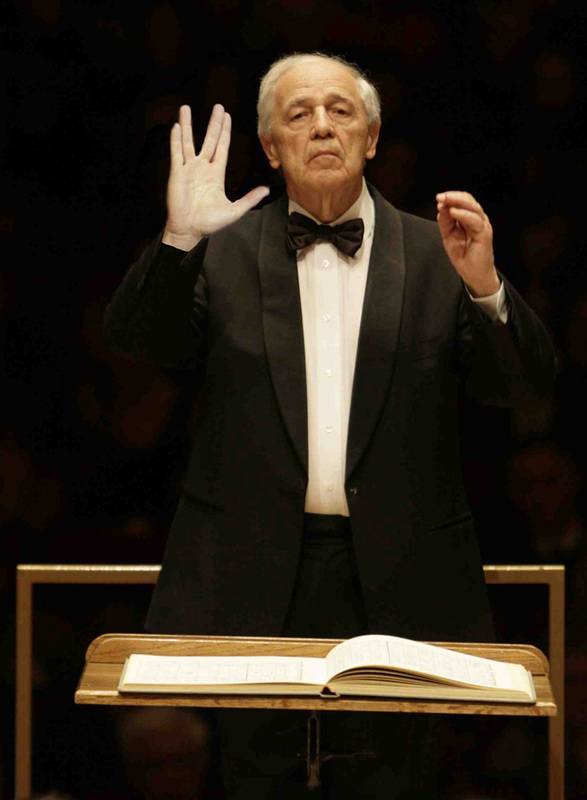|
I don't know if his own compositions will keep repertoire but as a conductor and force of musical invention after World War II, Pierre Boulez has already saved his name for posterity. In 1976 Wolfgang Wagner asked him to conduct the centenary Ring in Bayreuth. It was not without controversy, to put it mildly, but the Boulez-Chéreau Ring turned out be a artistic victory and a game changer. A project that redefined the staging of opera and the way we listen to Wagner. Like a drop of water in a glass of Isle whiskey to open the taste, Boulez revealed the layers in Wagner's music. Building a musical landscape that showed the superiour architecture of Wagner's score rather than just emphasizing its leitmotifs. Together with Patrice Chéreau's staging, that was modern but always centred around the action, the Bayreuth centenary Ring was from the stuff legends are made of. Always living the present and not a man with a taste for melancholy I was surprised to find Boulez' reflections on the opening scene of the second act of Götterdämmerung. That scene opens with a question from Alberich to his son: "Schläfst du Hagen, mein Sohn?" Boulez is under the impression that the dialogue that follows is a kind of conversation between Wagner and his alter-ego in which he questions the relevance of his work for future generations. "Will what lives in me, live in others when I am not here anymore?" Alberich urges Hagen to regain the ring for him. He asks him to swear upon that. It is like he asks Hagen to secure his (Alberich's) legacy. The closing of the scene "Sei treu, Hagen, mein Sohn" sounds like a vow against all odds. It can't take away the doubts about the future in which everything might be lost. With his age in mind one wonders if the questions about posterity Boulez projected on Wagner have become his own by now. May he live long and prosper. Will what lives in me, live in others when I am not here anymore?
0 Comments
Leave a Reply. |
TIMELINE
July 2024
|


 RSS Feed
RSS Feed